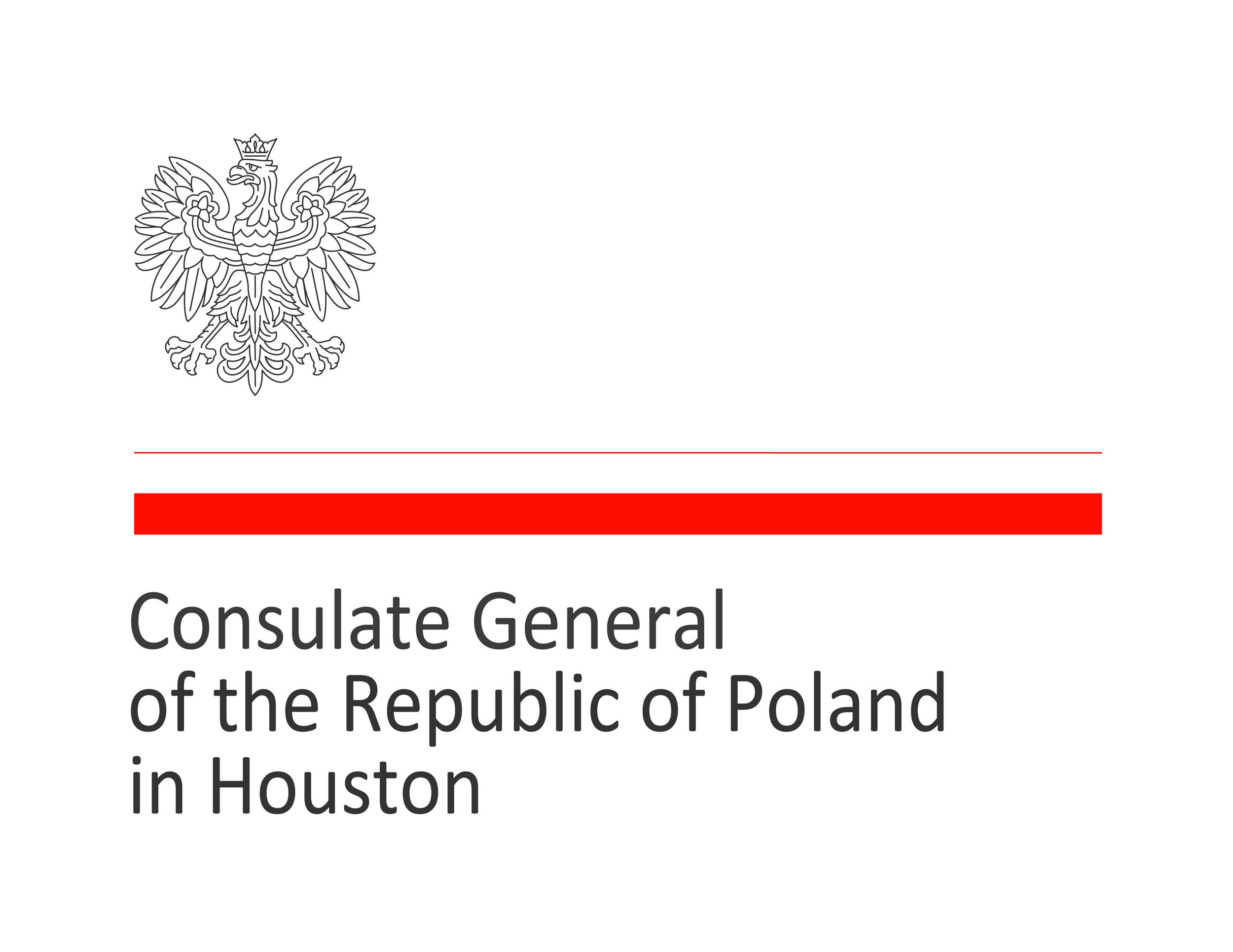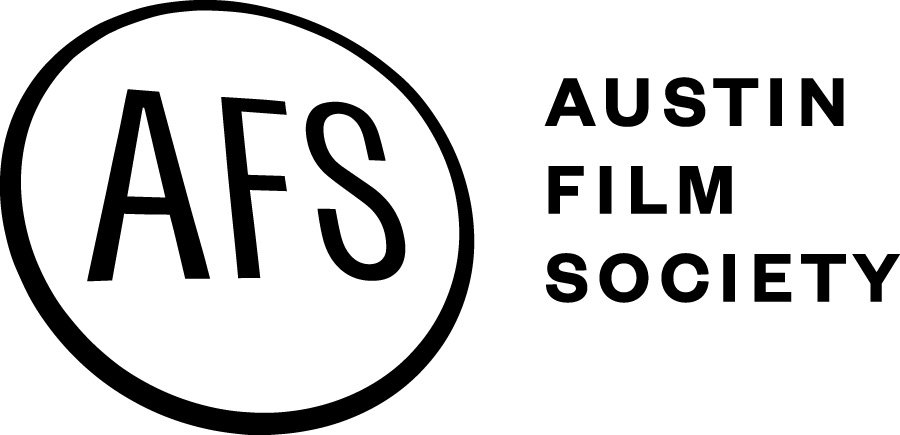It’s All About The Story
/Conversation with film director Krzysztof Lang
Joanna Sokołowska-Gwizdka:
You graduated from the Faculty of Chemistry at the University of Warsaw. What prompted the shift in the direction of your professional career, and made you enroll in the film and television program at the University of Silesia?
Krzysztof Lang:
I track the decision to become a filmmaker back to the moment when I took my first look through the viewfinder of a camera, over forty years ago. It made me realize that the image seen through the camera lens is somehow more interesting and mysterious. That brief moment when I fell under the spell of the image seen through the film camera was life changing. I was a promising student of chemistry with prospects of a scientific career, but the power of mystery, and the desire to immerse in the world of the unknown prevailed. Kieślowski’s ‘Camera Buff’ refers to a similar experience, so I hold that movie particularly close to my heart.
Dabbling in amateur filmmaking inspired me to continue my adventure with cinema, and ultimately I joined the Faculty of Radio and Television of the University of Silesia as a first year student of that new program. My supervisors were Krzysztof Kieślowski for documentary films and Edward Żebrowski for feature films.
JSG: After graduation you ended up with the famous X Film Group [Zespół Filmowy ‘X’] helmed at the time by Andrzej Wajda as the artistic director and Bolesław Michałek as the script director. It was a breeding ground for talent, and it led to creation of a number of outstanding film and television works that became collectively known as the ‘cinema of moral concern’. What are your memories of working with that Group?
KL: When I got invited to join Andrzej Wajda’s X Film Group in 1981 I felt like I’d won the lottery. After all, the X Group, alongside the TOR Group, was the leading filmmaking group in Poland.
It was both its artistic leadership and a cohort of the more senior colleagues including Agnieszka Holland, Feliks Falk, Ryszard Bugajski, Tomasz Zygadło, or Janusz Kijowski that made X a tight knit and ambitious Group. The discussions over scripts in X Group soared to the level that I could only dream of today. The ritual of the script pitching director sitting across from the Wajda-Michałek duo to talk became legendary. Meetings with Michałek and Wajda and the feedback from peers inspired all of us, myself included, to work harder on our screenplays. At X Group, I learned cinema from the best possible practices. One would feel foolish to show up with a trivial proposal in that environment. After several months of my internship with the Group, I was finally able to finish a script for an hour long television film, which got produced shortly after.
JSG: Which film was that?
KL: It was ‘REMIS’ [‘A Tie’], which was officially my feature film debut, but its pre-release screening only happened on television, without a single member of the X Group in attendance. The reason behind that was the martial law which blew out all my plans like a candle. After the X Group’s leaders had been dismissed, the members decided to dissolve the Group. It wasn’t until two years after the martial law had been declared that I was finally able to complete the previously planned film based on actual events.
‘REMIS’ is a story of a soccer referee who arrives in a small town somewhere in Silesia to preside over a match between two fourth division teams. He doesn’t know that the match is fixed or that his estranged son is playing on one of the teams. The father and son come to a face off during the game. After the final whistle, the son rescues the father from an enraged crowd of fans rushing the field to lynch the referee.
JSG: After the X Group was terminated you started working with Wytwórnia Filmów Dokumentalnych [Documentary Film Studio] in Warsaw. That’s where you made a number of acclaimed documentary films, including ‘Cienie’ [‘Shadows’] (1984) – a poetic account of the ‘Warsaw Fights On’ exhibition or ‘Powstanie Warszawskie 1944’ [‘The Warsaw Uprising 1944’] (1994) – which aired, among others, on the French-German ARTE channel. Is one of those documentaries particularly close to your heart?
KL: Other than the films that you just mentioned I would also include ‘PROCESS’ [‘The Trial’] (1990), about the trial of general Tatar. The documentary was made during the critical period of 1988/1989, and the filmmaking process was dramatic or even sensational at times. The film looks at the behind the scenes of the high profile trial of general Tatar based on the charges of alleged conspiracy in the Polish Army which turned out to be fictitious and concocted by the communist authorities to dispose of the potentially disloyal officers.
The documentary contains interviews with the main characters, as well as archival materials from The Polish Newsreel [Polska Kronika Filmowa] from the 1950s. But at the core of the documentary were the so-called Newsreel discards – materials that had not been included in the official newsreels, and remained hidden away in the depths of the archives for over forty years. There was a secret screening of those reels while the martial law was still in effect, and it was a pivotal moment for me. I realized that I chanced upon a rare documentary gem, and I could not let that opportunity go to waste.
Toward the end of filming I was able to locate in Kiev one of the ‘masterminds’ of the trial, an NKVD colonel Anton Skulbaszewski, responsible for the death of many innocent officers, and I successfully convinced him to talk to me. That interview, or in fact a psychodrama that I recorded in his Kiev apartment, remains the only historical evidence until this day.
Working on ‘PROCESS’ was a breakthrough experience for me for a number of reasons. I realized I enjoyed such ‘digging’ through history and uncovering its new face. It felt a bit like discovering new laws of nature.
JSG: Around that time you were also working regularly with the Television Theater.
KL: Working with such outstanding actors as Gustaw Holoubek in Heinrich von Kleist’s ‘The Prince of Homburg’ [‘Książę Homburg’] (awarded Prix Italia for that role), Teresa Budzisz-Krzyżanowska in the same play, Zbigniew Zapasiewicz in an intimate play by Ida Fink – ‘Table’ [‘Stół’] or Janusz Gajos in Henrik Ibsen’s ‘Brand’ enhanced my directing skills and deepened my understanding of acting techniques, the flow of the dialogue, and the appreciation of words in general. Without the television theater experience I wouldn’t grasp the meaning of Ibsen’s pause or Moliere’s unique sense of the comic. I believe the Television Theater played a key role in my professional development.
JSG: In the 1990s you debuted on the big screen with ‘Papierowe małżeństwo’ [‘Paper Marriage’] – a romantic comedy that became a smash hit. You followed up with other films in the same genre which also turned out to be blockbusters – ‘Miłość na wybiegu’ [‘Love On The Runway’] or ‘Śniadanie w łóżku’ [‘Breakfast In Bed’].
KL: I was trying to secure financing for a film about Władysław Mazurkiewicz at a time when producers had no interest in investing in a crime story. Polish viewers fell hard for rom-coms, and they were in demand. I see nothing wrong with making romantic comedies as long as they are not heavy on unrealistic situations or serious psychological simplifications.
But much as ‘MIŁOŚĆ NA WYBIEGU’ and ‘ŚNIADANIE W ŁÓŻKU’ did attract moviegoers, they didn’t bring me the same satisfaction as ‘PAPIEROWE MAŁŻEŃSTWO’. A few good scenes cannot change how I feel about those movies. I guess they are spiritually based in a world that’s alien to me, and they will always be a part of my oeuvre merely as directorial work for hire.
JSG: And what’s the story of ‘SŁABA PŁEĆ’ [‘WEAKER SEX’] that set out as a romantic comedy but ultimately didn’t turn out to be one?
KL: The script was based on the novel ‘Suka’ [‘Bitch’] by Katarzyna Gryga. The book’s main character is a small town girl, a typical transplant, who loses her corporate job as a result of her best friend’s scheming. The fake hipster world around her falls apart overnight, and she is left with a choice: to be or to have. The dilemma tests her character, but she comes out of it victorious.
I saw the story as an opportunity to tell a bitter tale about modern day thirtysomethings. As a result, the movie morphed from a romantic comedy into a drama that holds a distorted mirror to the lives of the corporation-employed generation of thirtysomethings.
I worked on ‘SŁABA PŁEĆ’ with the Oscar nominated British cinematographer Michael Coulter – the director of photography of such famous romantic comedies as ‘Notting Hill’, ‘Four Weddings and a Funeral’ or ‘Love, Actually’. The proceeds from ticket sales were decent enough that the distributor decided to reward me by taking a risk on the financing of my movie about Mazurkiewicz.
JSG: Speaking of which, you are about to bring your movie about Władysław Mazurkiewicz ‘Ach, śpij kochanie’ [‘Lullaby Killer’] (2017) to Austin. We will be showing it during the 2022 Austin Polish FilmFestival. This captivating story takes place in Krakow in 1955. The movie is a sort of a vivisection of the Stalinist mechanisms of power that allowed the main character to commit his crimes with impunity. What got you interested in that story?
KL: There is a saying: ‘Every crime is a reflection of its times’. ‘Lullaby Killer’ serves as a perfect illustration of that sentiment. The screenplay, which is based on a true story, has two characters that go up against each other: Władysław Mazurkiewicz – a serial killer, and the policeman who hunts him. Paradoxically, the criminal’s looks, style, and demeanor trigger the detective’s deeply hidden yearning for the freedom symbolized by the Western world. Like a bird of paradise, Mazurkiewicz (played by Andrzej Chyra) brings in a whiff of freedom and independence to the colorless world of unrefined socialist realism. He creates an illusion of a better life that drifts into Poland only as a contraband from the West and on the wavelengths of the Radio Free Europe. ‘Lullaby Killer’ is an important film in my artistic body of work. It allowed me to rediscover myself in the filmmaking. It also marked my return to the historical genre which I have always found fascinating.
JSG: Another of your films – ‘Marzec 68’ [‘March 68’] (2022) will be shown at the Austin Jewish Film Festival. Following the lives of the main characters, a viewer inadvertently becomes part of the story. It’s a story of a young couple of students told with the student protests and the famous production of ‘Dziady’ [‘Forefathers’ Eve] directed by Kazimierz Dejmek as the backdrop, and it stirs up deep emotions. What made you take on that topic?
KL: In March 1968 I was a senior at the Klement Gottwald high school. A lot of people involved in the ‘March events’ were graduates of my high school who at the time were students at the University of Warsaw, such as e.g. Janek Lityński. My high school was only a short distance away from the University of Technology, and during that month of March we, the high school students, would sneak up to the walls of the university, and throw over food for the students on strike. We were just a heartbeat away from the actual events, but the consequences of those March happenings touched the lives of a lot of my school friends. Many of them had to leave Poland as a result. When Polish Television turned to me with a proposal to make a movie about the March events I didn’t hesitate because I believe that we owe such a film to those who were forced to leave.
JSG: What historical themes are you considering for your next film projects?
KL: There are three historical projects that I am working on with Andrzej Gołda.
The first one is set in the time of the January Uprising, and it is an adaptation of two combined short stories by Jarosław Iwaszkiewicz – ‘Heidenreich’ and ‘Noc czerwcowa’ [‘June Night’]. The second one focuses on the so-called Wola Massacre – an episode from the Warsaw Uprising; this time, the war is seen through the eyes of a child. That project refers in a way to the current events taking place on the other side of our Eastern border. And the third subject focuses on the ‘Golden Odyssey’, a story of the gold taken out of Poland during the first days of war. The successful removal of the gold made it possible to finance the war involvement of the soldiers led out of the Soviet Union by general Anders. All those three projects are serious endeavors, and I would like at least one of them to get completed in the near future.
JSG: Looking at the current cinema in Poland and worldwide makes one wonder about the many films being made that are irrelevant, or even harmful, that don’t convey any values, that depict a world that’s degenerate or fictitious, and unabashedly ostentatious. What in your opinion is the appeal of historical films for a modern-day moviegoer?
KL: I am tempted to misquote Mrożek – ‘yesterday is today but yesterday’. I believe that the past is important because it allows us to look at the present from a distance. I pick out fragments of our history that reveal something yet unknown behind the scenes, and around that I build a world of human relations specific to a given era. I treat each such encounter with the past as a lesson that allows me to not only expand my historical knowledge but also to go deeper into the psyche of the characters, and make them psychologically adequate for a given time period. I am very much fascinated by this process, and I consider each historical film a pretext to take a deep dive into human nature.
in conversation with Joanna Sokołowska-Gwizdka
Translate by Anna Boyet












